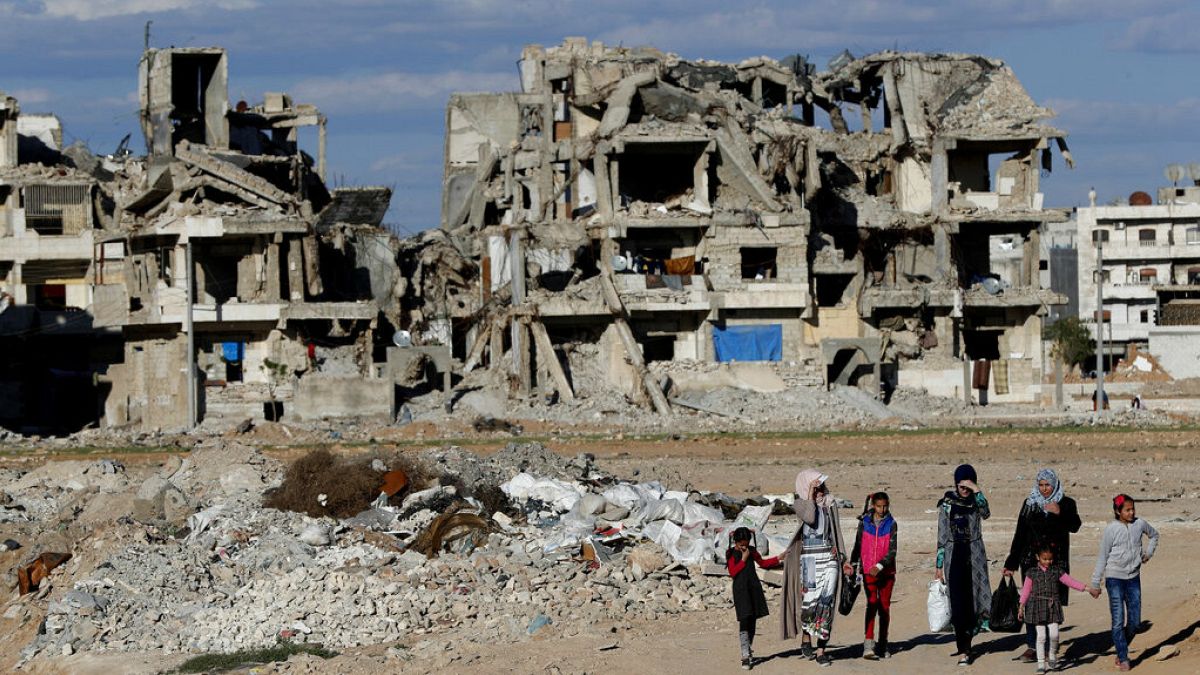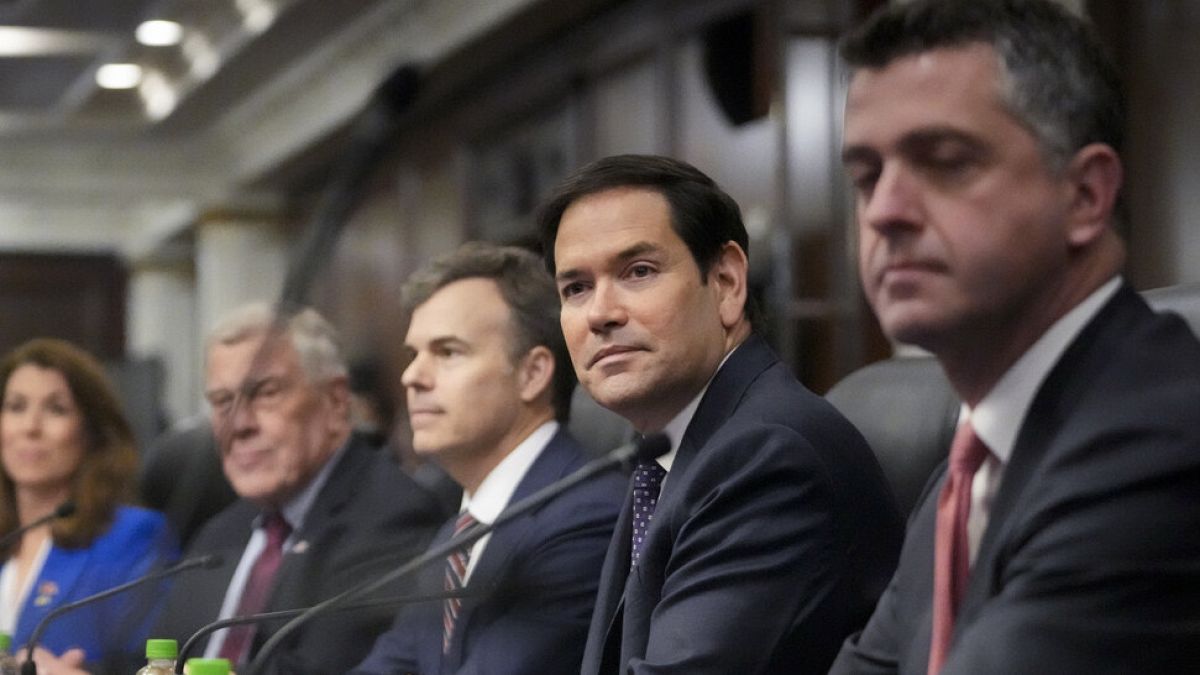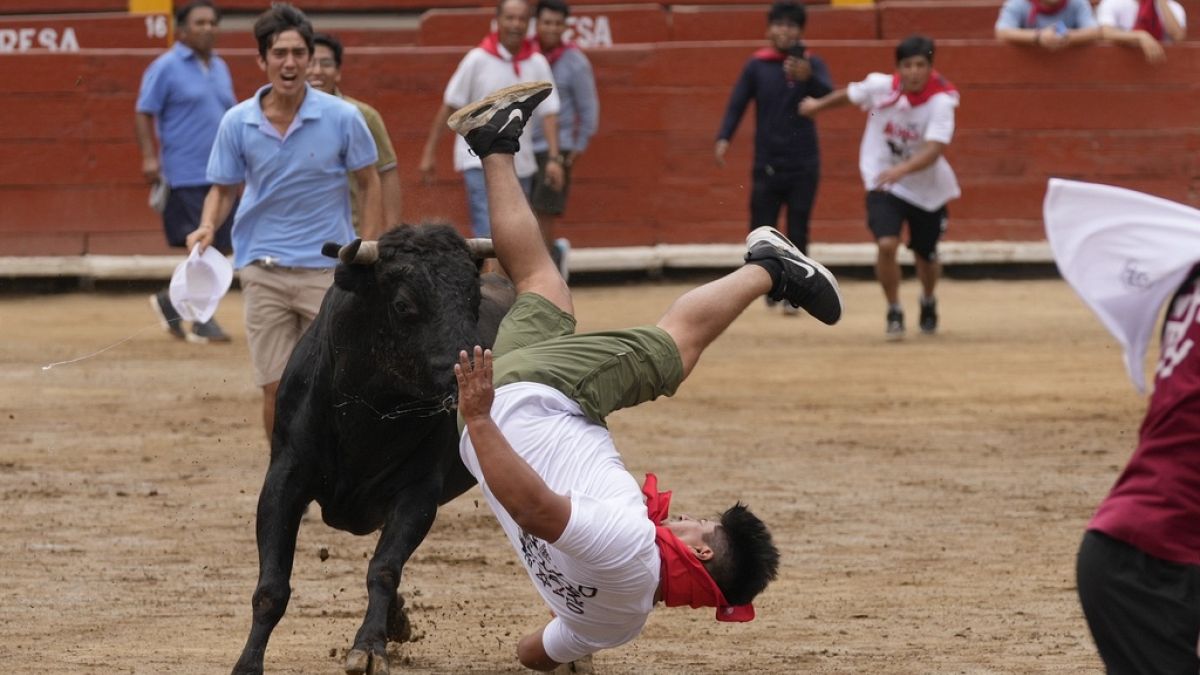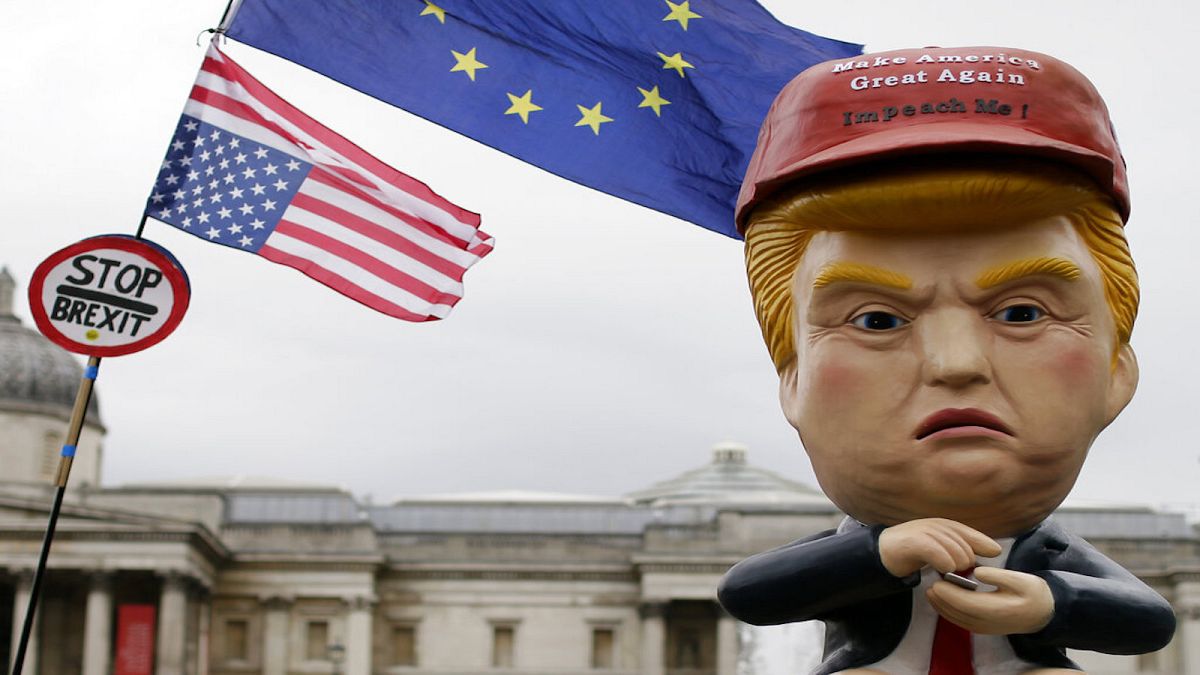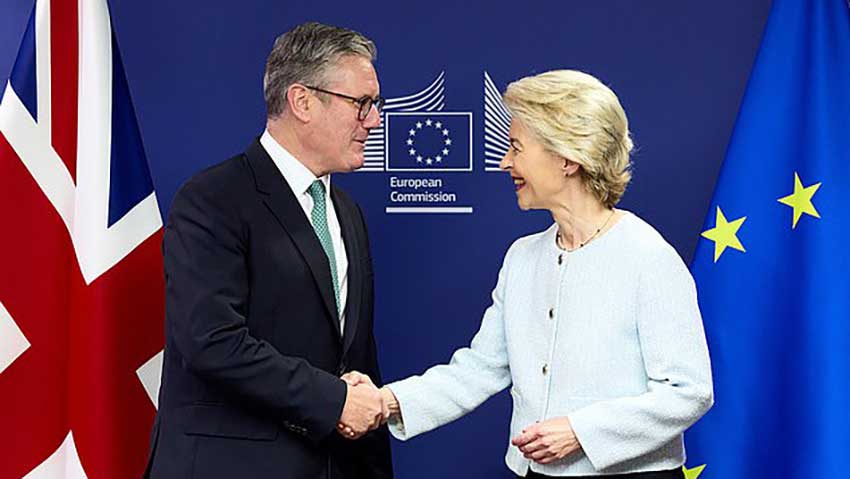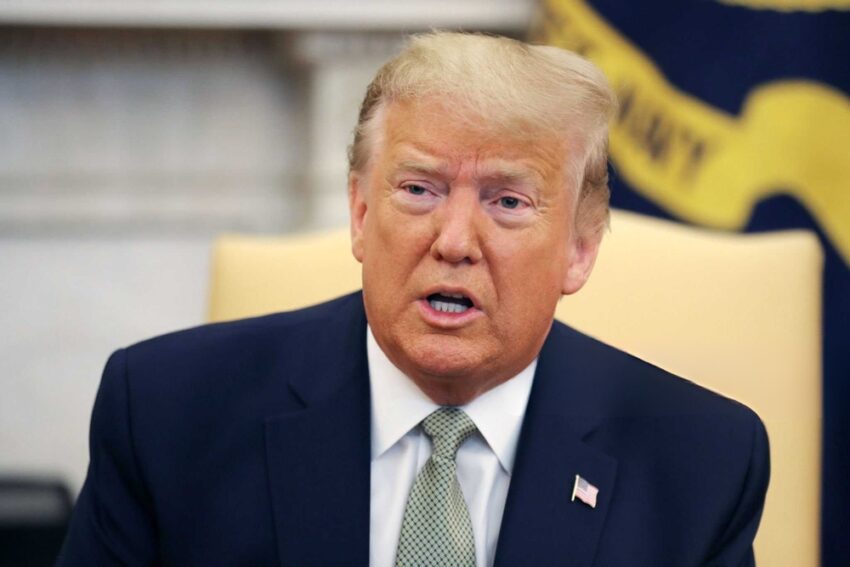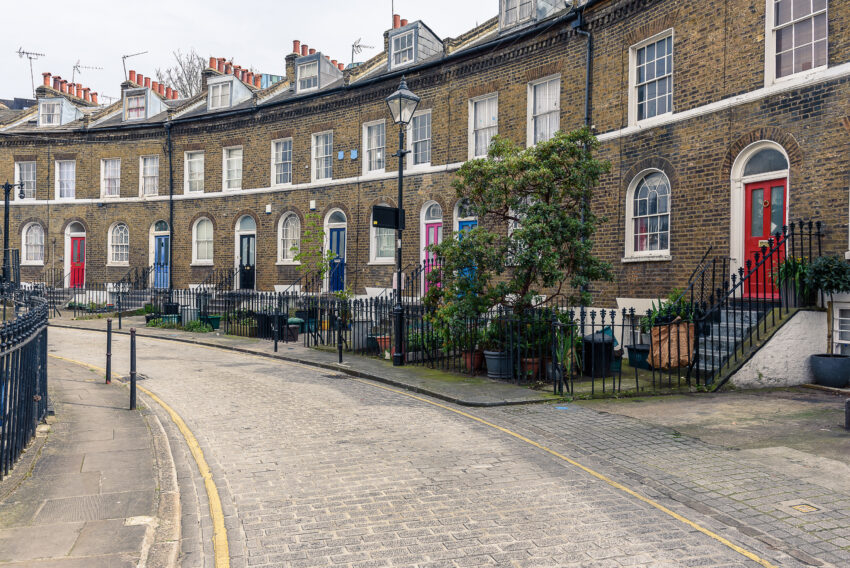Brexit has failed, Macron to tell Britain
As Keir Starmer attends a key EU summit, President Macron will argue that “Brexit has failed,” while the UK prime minister seeks a new defence pact and deeper ties. Read more: Brexit has failed, Macron to tell Britain
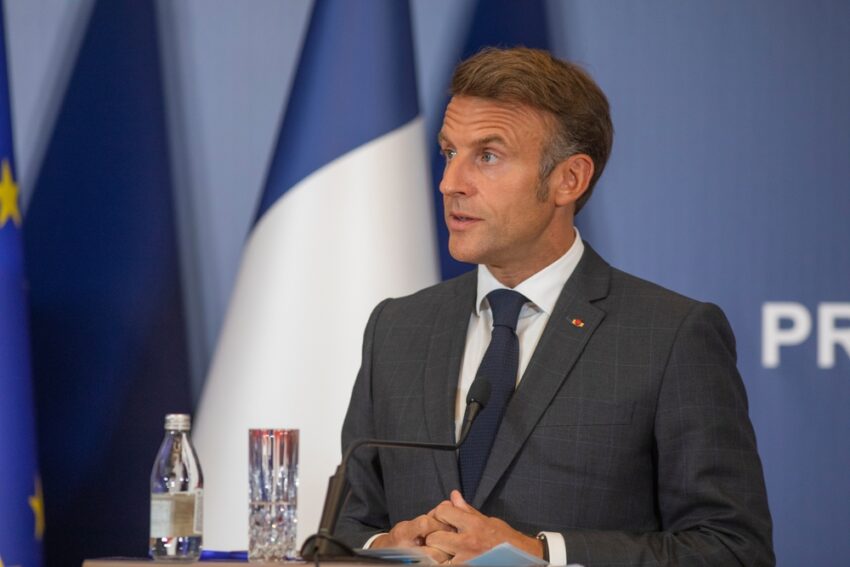
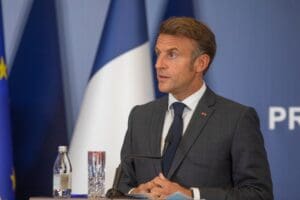
Emmanuel Macron is poised to tell Sir Keir Starmer that the UK’s appearance at a key EU summit on Monday signals the failure of Brexit, according to senior diplomats.
Britain’s prime minister will be the first UK leader to join an EU Council dinner since the country left the bloc in 2020—a symbolic step that sets the stage for a broader reset of UK-EU relations.
Starmer will use his visit to argue for a stronger defence and security partnership, underscoring Britain’s role in supporting Ukraine against Russia’s aggression. However, behind the scenes, EU diplomats describe him as a “demandeur”, pushing to re-establish ties at a time when London’s global aspirations appear to have been dampened by Brexit complexities—and by new challenges emanating from the White House under Donald Trump.
Addressing the 27 EU leaders at the Palais d’Egmont in Brussels—where Britain first signed its entry into the European Economic Community half a century ago—Starmer will try to secure an agreement on deeper defence co-operation. That includes ramping up military aid to Ukraine and exploring security guarantees if a potential ceasefire is reached. Some EU states, notably Germany and those bordering Russia, remain cautious about new peacekeeping initiatives that could divert resources away from NATO’s Eastern flank.
President Macron, however, is said to be enthusiastic about forging a closer military alliance with Britain, as both countries are nuclear powers capable of substantial deployments. French officials have highlighted how few European nations have significant defence capabilities, making bilateral co-operation between Paris and London particularly compelling.
In the background, Starmer faces a diplomatic tightrope. The EU insists that any deal on defence and security must be part of a broader package covering trade, fishing rights, and youth mobility. Meanwhile, the prime minister is under domestic pressure to curb net migration, prompting home secretary Yvette Cooper to rule out a proposed “youth mobility” scheme with the EU. That decision could complicate any attempt to reach a sweeping new accord.
Adding to the volatility is the renewed threat of US tariffs under Donald Trump, who has already imposed border taxes on Canada, Mexico, and China, and hinted that the EU could be next. The risk of a transatlantic trade conflict complicates Starmer’s efforts to deepen UK-EU economic ties. While most British exports to the US are services rather than goods and would not be directly hit by tariffs, UK officials worry that an escalation of protectionist measures in Washington could drag down global growth and undercut any new momentum in Europe.
Macron’s pointed remarks about Brexit’s failure underscore European scepticism regarding Britain’s “Global Britain” narrative. As a senior diplomat put it, “The UK is geographically and economically European. Brexit was built for a more stable, more prosperous world, and now that the world is more complicated, the UK is coming closer to Europe.”
Starmer insists Brexit is “settled” and wants to steer clear of reopening fundamental political debates over membership. Still, he is seeking what officials call a “closer relationship” on trade, energy, and broader foreign policy—particularly given the precarious state of the UK economy. Forecasts for GDP growth have again been downgraded by the EY Item Club, with stagnation expected toward the end of the year, and the government is looking for ways to inject new life into its post-Brexit strategy.
Starmer will seek to demonstrate Britain’s leading role in international security, encouraging EU leaders to follow the UK and US in hitting Russia with tighter sanctions—a position the prime minister says has visibly rattled Vladimir Putin. Yet EU leaders appear intent on leveraging the UK’s desire for improved relations to win concessions on issues like fisheries, freedom of movement for younger Europeans, and reams of post-Brexit legislation that are still unresolved.
For Starmer, the road to a successful reset appears tangled in concessions and trade-offs. As he heads to Brussels, he hopes to convert Britain’s robust support for Ukraine into fresh goodwill for a strategic partnership with Europe—despite Macron’s blunt assessment that Brexit’s high-flown promises are no match for present-day geopolitical realities.
Read more:
Brexit has failed, Macron to tell Britain
What's Your Reaction?







